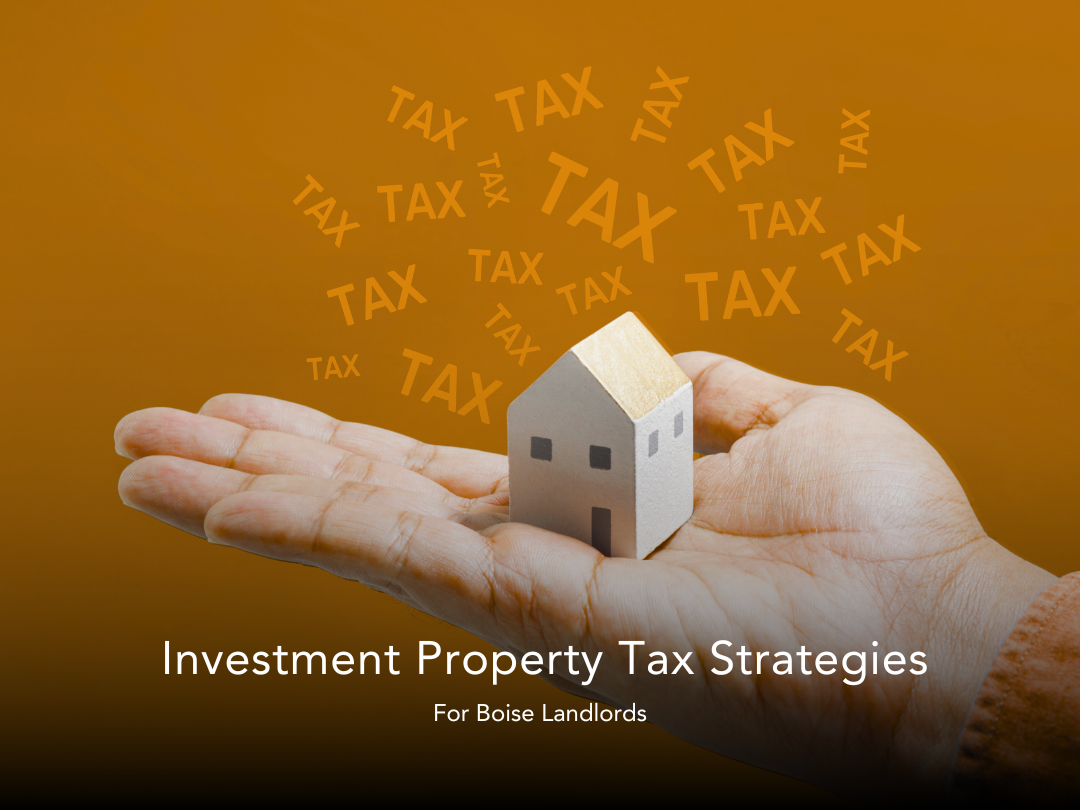Selling an investment property can be a significant decision, one that involves careful consideration of various factors, with pricing being a crucial component. Determining the right price for your investment property is essential to attract potential buyers, maximize your return on investment, and ensure a smooth sales process.
Here's a comprehensive guide to help you price your investment property effectively:
Conduct a Comparative Market Analysis (CMA):
A Comparative Market Analysis (CMA) is a fundamental step in determining the value of your investment property. It involves analyzing recent sales of similar properties in the same area. Look for properties with comparable features such as size, condition, age, and location. This analysis will provide you with valuable insights into the current market trends and help you gauge the appropriate price range for your property. We at 208.properties realty group can help you with this at no charge.
Consider Market Conditions:
Market conditions play a significant role in pricing your investment property. Evaluate whether you're in a buyer's market or a seller's market. In a buyer's market, there is an abundance of properties for sale, giving buyers more negotiating power. In contrast, a seller's market is characterized by high demand and limited inventory, allowing sellers to command higher prices. Adjust your pricing strategy accordingly to capitalize on prevailing market conditions.
Factor in Property Improvements and Upgrades:
Take into account any improvements or upgrades you've made to the property since you acquired it. Renovations, repairs, and enhancements can increase the property's value and justify a higher asking price. Be sure to highlight these improvements when marketing the property to potential buyers, as they add to its appeal and justify the asking price.
Calculate the Return on Investment (ROI):
As an investor, it's essential to consider the potential return on investment when pricing your property for sale. Calculate the ROI by comparing the property's current value to the initial purchase price and any additional costs incurred during ownership, such as renovations, maintenance, and taxes. Aim for a selling price that allows you to realize a satisfactory ROI while remaining competitive in the market.
Consult with Real Estate Professionals:
Seek guidance from real estate professionals, such as appraisers, agents, or brokers, who have expertise in your local market. They can provide valuable insights into pricing strategies, market trends, and buyer preferences. Collaborating with professionals can help you make informed decisions and optimize your property's selling price. We spend the time needed to help determine the right time along with the right price.
Be Realistic and Flexible:
While it's natural to want to maximize your profits, it's essential to be realistic about your property's value. Overpricing can deter potential buyers and prolong the time your property sits on the market, ultimately costing you more in the long run. Be open to adjusting your asking price based on feedback from prospective buyers and changes in market dynamics.
Factor in Closing Costs and Negotiation Room:
Consider closing costs and potential negotiation room when setting your asking price. Buyers often negotiate the purchase price, so it's wise to leave some room for concessions while ensuring that your bottom line remains favorable. Factor in closing costs such as agent commissions, attorney fees, and transfer taxes to determine the net proceeds from the sale.
Monitor Market Feedback and Adjust Accordingly:
Stay proactive throughout the selling process by monitoring market feedback and adjusting your pricing strategy as needed. If your property receives limited interest or consistent negative feedback, it may indicate that the price is too high relative to market expectations. Stay flexible and responsive to market dynamics to optimize your chances of a successful sale.
In conclusion, pricing your investment property for sale requires careful consideration of various factors, including market conditions, property features, improvements, and ROI. By conducting a thorough analysis, consulting with professionals, and remaining realistic and flexible, you can set an appropriate asking price that attracts potential buyers and maximizes your return on investment.












